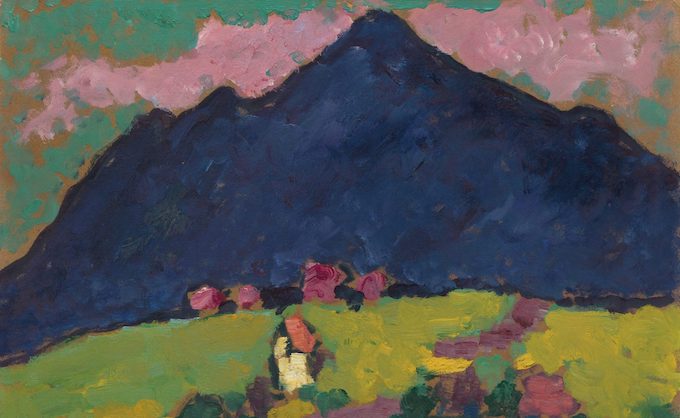A hard life, lived well

I like playing around with the tagline in on the neurocraft website and social profiles. The absurdity of trying to sum up an entire identity and intention in one line is part of the fun. At the moment I am trying this one on for size:
“A hard life lived well”.
It’s a bit tongue-in-cheek. I know I’ve got it good, relatively speaking. But that’s also the point — what looks “good” from the outside doesn’t say much about the lived reality on the inside.
My parents would have a fit if they heard me describe my life as “hard”, considering the hardships they endured to ensure I had a better lot. I can already imagine reacting the same way if one of my own kids said that one day.
It’s the generational conundrum: we raise our kids to have the freedoms we didn’t, and then feel bewildered (or betrayed) when they don’t make the same choices we would’ve made in their shoes. We want them to appreciate what they have — but to fully appreciate it, they’d need to have lived without it. That’s an impossible ask.
Suffering fills up the available space, like a gas. It doesn’t give two shits about comparisons. But we do. We question whether we deserve to be struggling — whether our pain is “valid,” given our particular set of privileges.
This kind of thinking is baked into the dominant cultural narrative: the myth that resilience and success are a simple matter of willpower, and that everyone starts with the same internal blueprint. That if someone is still struggling, it must be because of some personal failure. It ignores how uneven our access is — not just to resources, but to safety, care, and regulation.
And that story keeps us separate. It keeps us ashamed because we also turn that judgment onto ourselves. It ensures no one’s needs really get met — because shame and judgment cuts off empathy, and empathy is what builds the bridges we need.
Here’s what I’ve come to believe:
Pain is about unmet needs. And judging those needs as valid or invalid is pointless.
We can and should examine the strategies we use to meet our needs. Some of them are harmful, to ourselves or others. But the need itself is not a moral issue. If we carry the belief that we are unworthy of love, then what we need is to feel unconditionally loved. We might chase that feeling by seeking praise or power — and those strategies might backfire. But the need remains.
That’s one of the biggest takeaways I got from Marshall Rosenberg’s work on Nonviolent Communication: strategies and needs are distinct. The void and how we try to fill it are two separate things and need to be treated differently.
So yes, even those who have money, beauty, health, or status can be suffering deeply and legitimtately. And if we are carrying trauma or living with a neurobiology that doesn’t match the environment we’re in, then getting our needs meaningfully met can be a hell of a lot harder still.
But life is hard — for everyone.
The Buddha names this outright: suffering is an inherent part of existence.
So maybe the question isn’t how to make a hard life easier, but rather: how do I live it well?
To begin, we have to meet our needs without shame. Most of us have buried those needs so deep, we can’t even name them — not to others, not even to ourselves.
But what if we could? What if we walked through the world with quiet signs on our heads with what we desperately needed?
What if people responded to that, instead of our actions?
What would parenting look like?
What would relationships and friendships look like?
What would politics look like?
What would war look like?
So I will end this with a gentle invitation:
What is an unmet need (not strategy) of yours right now? And how do you relate to it — with shame, with guilt, with tenderness?

